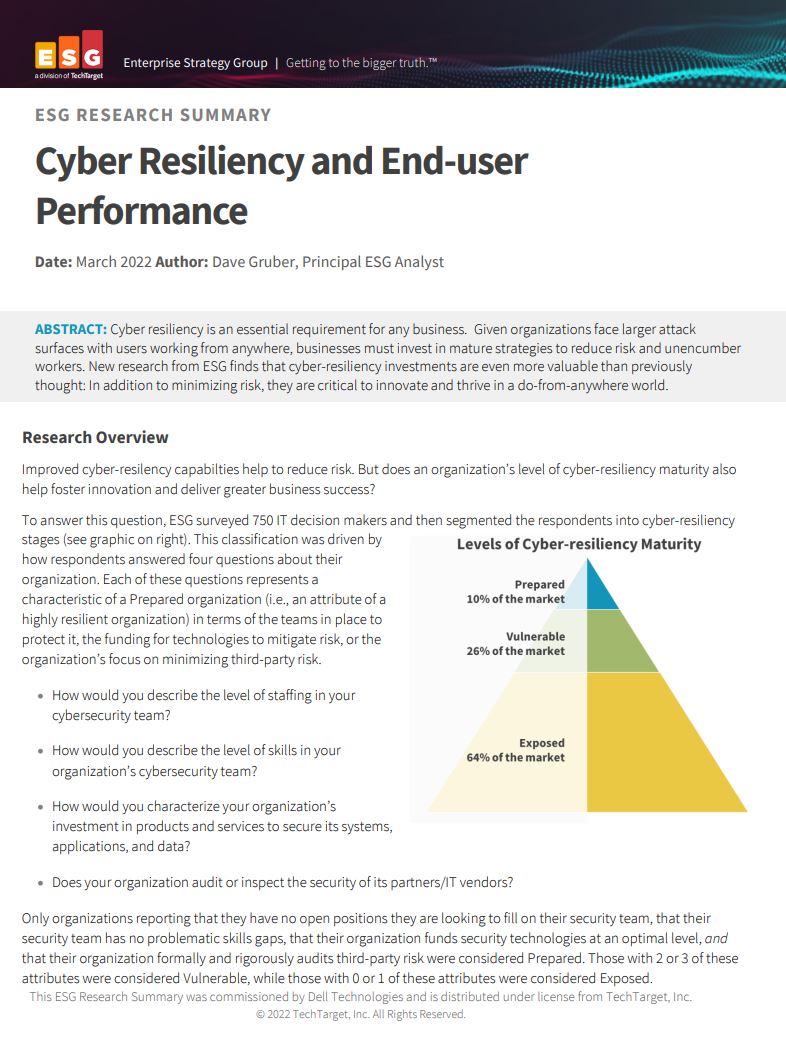Numerous HP business laptops and desktops vulnerable to publicly disclosed security bugs
Researchers revealed the details of the six vulnerabilities at Black Hat in August but many laptops, desktops, and workstations remain vulnerable


A package of six security vulnerabilities impacting the firmware of HP’s business-focused laptops and desktops and some have been left unfixed for months, security researchers said.
Experts at Binarly presented the package of vulnerabilities at the most recent Black Hat conference in August. More than a month after the public disclosure, the vulnerabilities remain unfixed for several HP devices.
The company has submitted 22 vulnerabilities to HP this year, including a package of 16 high-severity flaws in March that also impacted the firmware of enterprise-focused HP products including laptops, desktops, point-of-sale (PoS) systems, and edge computing nodes.
Binarly began notifying HP of the vulnerabilities included in the package of six that were publicly disclosed at Black Hat 2022 as far back as July 2021.
A wide range of HP devices is affected by the flaws, including HP Elite 2-in-1 PCs, HP EliteBook, HP ProBook laptops, HP ZBook workstations, and HP ZHAN notebooks. Some desktops, PoS systems, workstations, and thin clients are also vulnerable.
The patching status for the affected devices varies by each vulnerability, but a significant number of devices remain unpatched across each of the six publicly disclosed flaws.
HP has published three security advisories (1, 2, 3) that cover each of the six flaws found by Binarly, and the patching status for each device can be found in the dropdown menus.
Get the ITPro daily newsletter
Sign up today and you will receive a free copy of our Future Focus 2025 report - the leading guidance on AI, cybersecurity and other IT challenges as per 700+ senior executives
Firmware vulnerabilities are particularly concerning, for businesses especially, because of the potential significance of the attacks they can facilitate.
If a cyber criminal was able to exploit a UEFI-level vulnerability and install malware at the root of the system, it has the potential to allow a high degree of persistence on the machine and can be difficult to both detect and remove.
Installing UEFI malware or a rootkit would afford an attacker a range of capabilities including the ability to implant a backdoor to the victim’s machine, create new users, remotely control the computer, exfiltrate data, and execute financially-driven campaigns like ransomware, for example.
Binary highlights the devices in its report that have still not received security updates following the public disclosure of the vulnerabilities more than a month ago.
When a vulnerability is publicly disclosed, it means cyber criminals have all the information they need to develop exploits for the flaws. If a device is not patched when a vulnerability is publicly disclosed, a user is then limited in what they can do to prevent an attack.
IT Pro has contacted HP for comment and will update the article if it responds.
Firmware bugs
RELATED RESOURCE

Cyber resiliency and end-user performance
Reduce risk and deliver greater business success with cyber-resilience capabilities
All of the six vulnerabilities are privilege escalation flaws that can allow for arbitrary code execution in System Management Mode (SMM) which runs at a higher level of privileges that the operating system (OS) and the hypervisor.
“Running arbitrary code in SMM additionally bypasses SMM-based SPI flash protections against modifications, which can help an attacker to install a firmware backdoor/implant into BIOS,” said Binarly.
“Such a malicious firmware code in BIOS could persist across operating system re-installs. Additionally, this vulnerability potentially could be used by malicious actors to bypass security mechanisms provided by UEFI firmware (for example, Secure Boot and some types of memory isolation for hypervisors).”
Each of the individual vulnerabilities can lead to the same outcome but affect different components. They are tracked as:
- CVE-2022-23930 – rated 8.2 on the CVSS v3 severity scale - ‘high’
- CVE-2022-31644 – rated 7.5 on the CVSS v3 severity scale - ‘high’
- CVE-2022-31645 – rated 8.2 on the CVSS v3 severity scale - ‘high’
- CVE-2022-31646 – rated 8.2 on the CVSS v3 severity scale - ‘high’
- CVE-2022-31640 – rated 7.5 on the CVSS v3 severity scale - ‘high’
- CVE-2022-31641 – rated 7.5 on the CVSS v3 severity scale - ‘high’

Connor Jones has been at the forefront of global cyber security news coverage for the past few years, breaking developments on major stories such as LockBit’s ransomware attack on Royal Mail International, and many others. He has also made sporadic appearances on the ITPro Podcast discussing topics from home desk setups all the way to hacking systems using prosthetic limbs. He has a master’s degree in Magazine Journalism from the University of Sheffield, and has previously written for the likes of Red Bull Esports and UNILAD tech during his career that started in 2015.
-
 The Race Is On for Higher Ed to Adapt: Equity in Hyflex Learning
The Race Is On for Higher Ed to Adapt: Equity in Hyflex LearningBy ITPro
-
 Google faces 'first of its kind' class action for search ads overcharging in UK
Google faces 'first of its kind' class action for search ads overcharging in UKNews Google faces a "first of its kind" £5 billion lawsuit in the UK over accusations it has a monopoly in digital advertising that allows it to overcharge customers.
By Nicole Kobie
-
 Hackers are targeting Ivanti VPN users again – here’s what you need to know
Hackers are targeting Ivanti VPN users again – here’s what you need to knowNews Ivanti has re-patched a security flaw in its Connect Secure VPN appliances that's been exploited by a China-linked espionage group since at least the middle of March.
By Emma Woollacott
-
 Forget MFA fatigue, attackers are exploiting ‘click tolerance’ to trick users into infecting themselves with malware
Forget MFA fatigue, attackers are exploiting ‘click tolerance’ to trick users into infecting themselves with malwareNews Threat actors are exploiting users’ familiarity with verification tests to trick them into loading malware onto their systems, new research has warned.
By Solomon Klappholz
-
 Broadcom issues urgent alert over three VMware zero-days
Broadcom issues urgent alert over three VMware zero-daysNews The firm says it has information to suggest all three are being exploited in the wild
By Solomon Klappholz
-
 Nakivo backup flaw still present on some systems months after firms’ ‘silent patch’, researchers claim
Nakivo backup flaw still present on some systems months after firms’ ‘silent patch’, researchers claimNews Over 200 vulnerable Nakivo backup instances have been identified months after the firm silently patched a security flaw.
By Solomon Klappholz
-
 Everything you need to know about the Microsoft Power Pages vulnerability
Everything you need to know about the Microsoft Power Pages vulnerabilityNews A severe Microsoft Power Pages vulnerability has been fixed after cyber criminals were found to have been exploiting unpatched systems in the wild.
By Solomon Klappholz
-
 Vulnerability management complexity is leaving enterprises at serious risk
Vulnerability management complexity is leaving enterprises at serious riskNews Fragmented data and siloed processes mean remediation is taking too long
By Emma Woollacott
-
 A critical Ivanti flaw is being exploited in the wild – here’s what you need to know
A critical Ivanti flaw is being exploited in the wild – here’s what you need to knowNews Cyber criminals are actively exploiting a critical RCE flaw affecting Ivanti Connect Secure appliances
By Solomon Klappholz
-
 Researchers claim an AMD security flaw could let hackers access encrypted data
Researchers claim an AMD security flaw could let hackers access encrypted dataNews Using only a $10 test rig, researchers were able to pull off the badRAM attack
By Solomon Klappholz